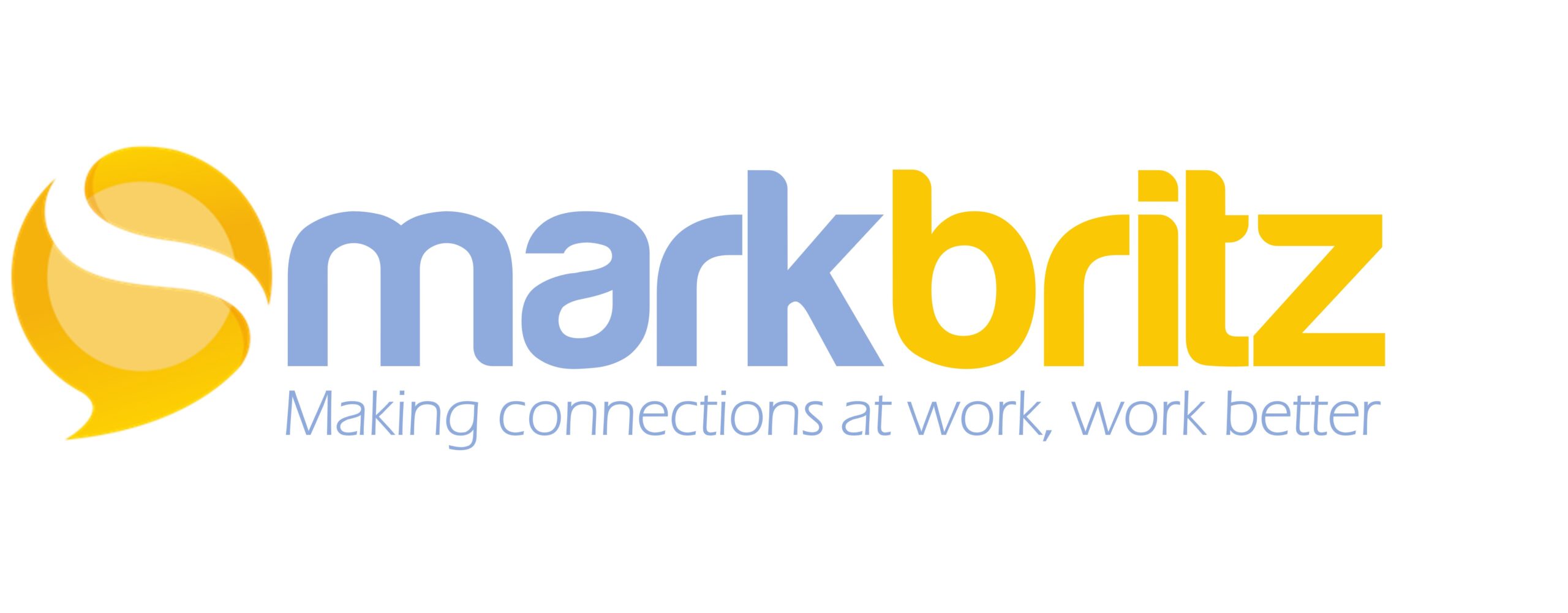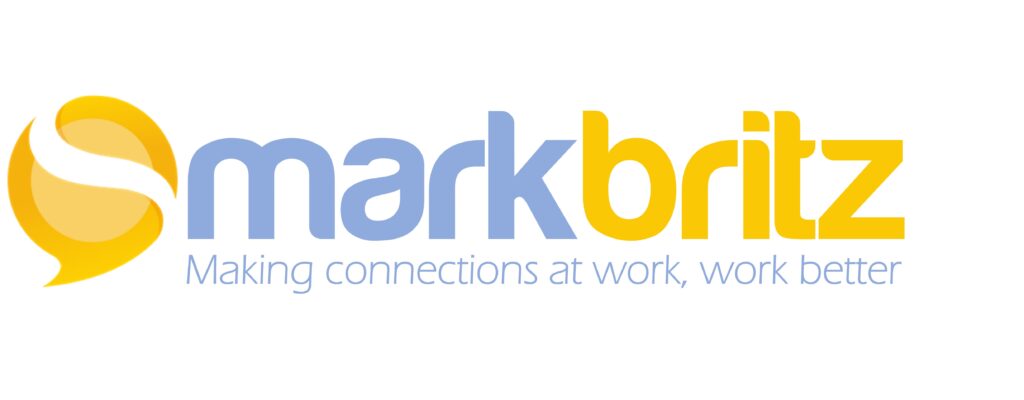We can say organizations will change as Boomers leave and new technology and new generations enter but what really happens is the “next” marches in and picks up where the “last” left off. The technologies of change, like social tools, become manipulated by the current system to support the system not change it. Additionally, I chuckle about all the Millennial articles/posts on how they want things different, purpose over profit, tech savvy, blah, blah, blah. I’ve worked with plenty of folks in their 20’s and 30’s and like any generation, they enter the organization looking not to disrupt it but to serve it and collect a paycheck – quickly conforming to the system that is. Period.
I’m thinking all this talk of culture change (and I’ve done my share!) is really pointless until there is system change. The systems in play are the problem and shape the behaviors that drive the culture. Systems from recognition and rewards to HR being as a compliance machine, to L&D pumping out course after course. Each are all well entrenched and will remain there because they are the predominant systems of work.
These systems aren’t in play in small companies… yet. Start-ups begin with a passionate all hands on deck collective mentality. The founder eats lunch with her co-workers and loves to share stories of her upbringing until… until something clicks and the unconscious focus on humanity gives way to rigid systems of hierarchy, restrictive policy and a culture of conformity. This is inherited learned-helplessness of leadership. It’s the belief that they need these systems and their unconscious employment is unquestioned. It’s almost as if it’s in the business DNA like a time bomb, preset to detonate as the organization scales. HR is established primarily to protect the firm over finding the right talent. L&D is born because leaders, due to their own years of formal education, see all learning as formal; classrooms, courses, etc. even though people learned in and from their work and relationships. Marketing carves out and begins to chase what works vs. what’s right and customer conversations give way to click counts. It all better fits the system, it’s unquestioned.
We know that social activity forms around an object; a party, a hobby, an idea. Organizational culture is inherently social and similarly forms around an object; a system like hierarchy, processes and structures. Organizational culture is learned maybe much like we humans first learn to speak – through observation and reinforced/rewarded mimicry. However if the mouth isn’t structured correctly or the brain wired right for speech then speech will not happen or will be imperfect. So then if the systems in an organization are flawed, flawed behaviors develop and a flawed culture emerges?
To change our culture then systems must be changed not just behaviors within, as the system will always correct behaviors that deviate and bring them back to the norm (dominant culture). The one big thing that separates human beings from all other animals has been our ability to transcend our instincts, our internal systems. To better ourselves and our culture we regularly question ourselves, we challenge our suppositions, our processes, our internal structures and frankly organizations need to do this more if they are really desiring culture change.

